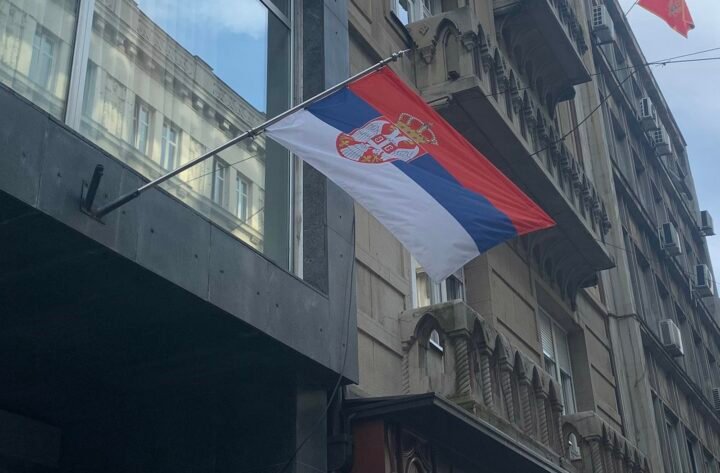Serbia is facing a critical energy situation after the European Union decided to ban the transit of Russian natural gas through the bloc to third countries, officials said on Monday.
Dubravka Gjedović-Handanović, Serbia’s Minister of Mining and Energy, described the situation as “extremely difficult and almost hopeless,” warning that Bulgaria will not allow Russian gas to flow through the Balkan Stream, which will also impact Serbia.
The EU Council’s draft regulation will come into effect on January 1, 2026, with the European Parliament expected to provide its opinion before final adoption. Existing contracts with Russia will be allowed a transitional period: short-term agreements before June 17, 2025, may continue until the end of 2026, while long-term contracts may extend until January 1, 2028. Changes to existing contracts will only be permitted for narrow operational purposes and cannot increase delivery volumes, except for specific flexibilities for landlocked EU members.
Gjedović-Handanović noted that Serbia’s main energy supplier, Naftna Industrija Srbije (NIS), owned by Russia, is under U.S. sanctions since October 9. Despite these challenges, she stressed that Serbia will strive to shield citizens from the consequences.
Ana Brnabić, Speaker of the Serbian Parliament, described the EU proposal to gradually eliminate Russian oil and gas imports as catastrophic, expressing hope that President Aleksandar Vučić has solutions.
Serbia has historically relied heavily on Russian energy, meeting over 80% of its needs through Russian imports, though imports fell by 13% in 2025 compared to 2024. Since Russia’s invasion of Ukraine, Serbia has sought alternative supply routes, including importing gas from Azerbaijan, securing up to 400 million cubic meters annually until 2026. Serbia’s annual natural gas demand is approximately 3 billion cubic meters.
The EU decision was approved by a majority in Luxembourg, with Hungary and Slovakia opposing, due to their lack of direct access to the sea.







